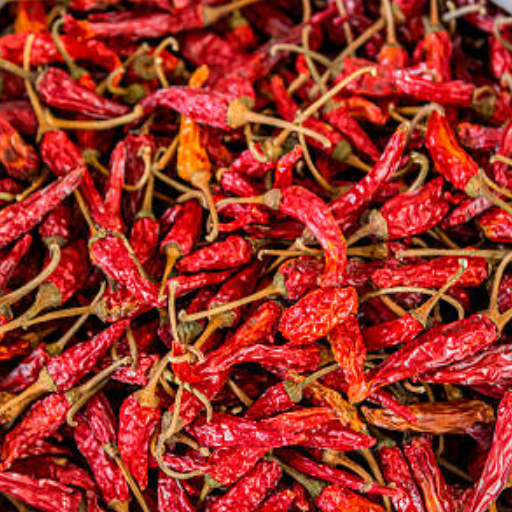Unveiling Guinea Pepper: Culinary Excellence and Health Benefits
What are the health Benefits of Guinea Pepper?

Is an herbaceous perennial plant native to swampy habitats along the West African coast. It is also referred to as Grains of paradise, Guinea grains, Aframomum melegueta. It has been shown to have several amazing health benefits. It has a high value as a spice and medicine.
Guinea pepper, also known as grains of paradise (Aframomum melegueta), is a spice native to West Africa, particularly Ghana, Nigeria, and other regions of the Gulf of Guinea. This aromatic spice is prized for its complex flavor profile, which combines notes of peppery heat with citrusy and floral undertones. Used for centuries in African cuisine, Guinea pepper adds depth and zest to dishes such as stews, sauces, and grilled meats. Beyond its culinary uses, it has a history of medicinal applications in traditional African medicine, where it is believed to aid digestion and alleviate gastrointestinal discomfort. Guinea pepper’s unique flavor and potential health benefits have garnered attention beyond Africa, making it a sought-after ingredient in global gastronomy and wellness practices.
Health Benefits Of Guinea Pepper
Guinea Pepper can be used for alleviating stomach ache and diarrhoea, it promotes weight loss, it possesses anti-inflammatory properties, Improves digestion, also possesses Anti-microbial properties, has culinary properties, can be used for Brewing, Aromatherapy, is excellent for libido, Helps in women’s health, Detoxification of the blood vessel and liver, Fights against oral infections, cavities and gingivitis.
Brief History Of Guinea Pepper
Pliny the Elder (23-79AD), the Roman author of the celebrated Natural History, referred to it as African pepper and he wrote of Hippocras a wine flavoured with Cinnamon, Ginger, and Grains of Paradise. In the Middle Ages (400-1400AD) this spice was termed “grana paradisi” meaning “grains of paradise” due to its high value. This name has religious connotations to the medieval conception of an “earthly paradise” full of the aroma of spices. In Hebrew the Biblical term “Eden” is used in describing this spice “gargeri gan ha-eden” which translates to “grains from the Garden of Eden”.
In 1214 AD, Grains of Paradise was listed on medical prescriptions from physicians in places ranging from Nicosia (the largest city on the island of Cyprus), Lyons (in modern day France), Rome and Wales (in modern day Great Britain).
The common name “Melegueta” derives from the Melle empire (1235 to 1670) and began in a small Mandinka kingdom at the upper reaches of the Niger River situated between Mauritania and Sudan. The Portuguese would come to call it Terra de Malaguet.
In 1469, King Afonso V of Portugal granted Ferno Gomes, a Lisbon merchant and explorer, a monopoly of trade in the Gulf of Guinea. This allowed Gomes to control the market, on what he called guinea pepper, being imported into Europe (primarily into France, Italy and Portugal) as a popular, less expensive substitution for black peppercorns from the east. The Grains of Paradise trade became so strong that the African coastline just north of the Ivory Coast became known as the Grain Coast. In 1498, the sea route from Europe to the Indian Ocean, around the Cape of Good Hope, was pioneered by the Portuguese explorer Vasco da Gama. This made the East and its wealth of spices, including black peppercorns, less expensive and more readily available. With this development the European market for Grains of Paradise essentially disappeared.
Queen Elizabeth I of England (who ruled from 1558-1603) was said to flavour her Beer with Grains of Paradise. Sam Adams brewery founder Jim Koch added Grains of Paradise to his original Summer Ale beer in 1996. Native to Africa’s West coast, namely the countries Ghana, Liberia, Togo and Nigeria, Grains of Paradise had long been used in Middle Eastern, North and West African cuisines. This spice was used in European beer and winemaking until the 19th century.
REFERENCES